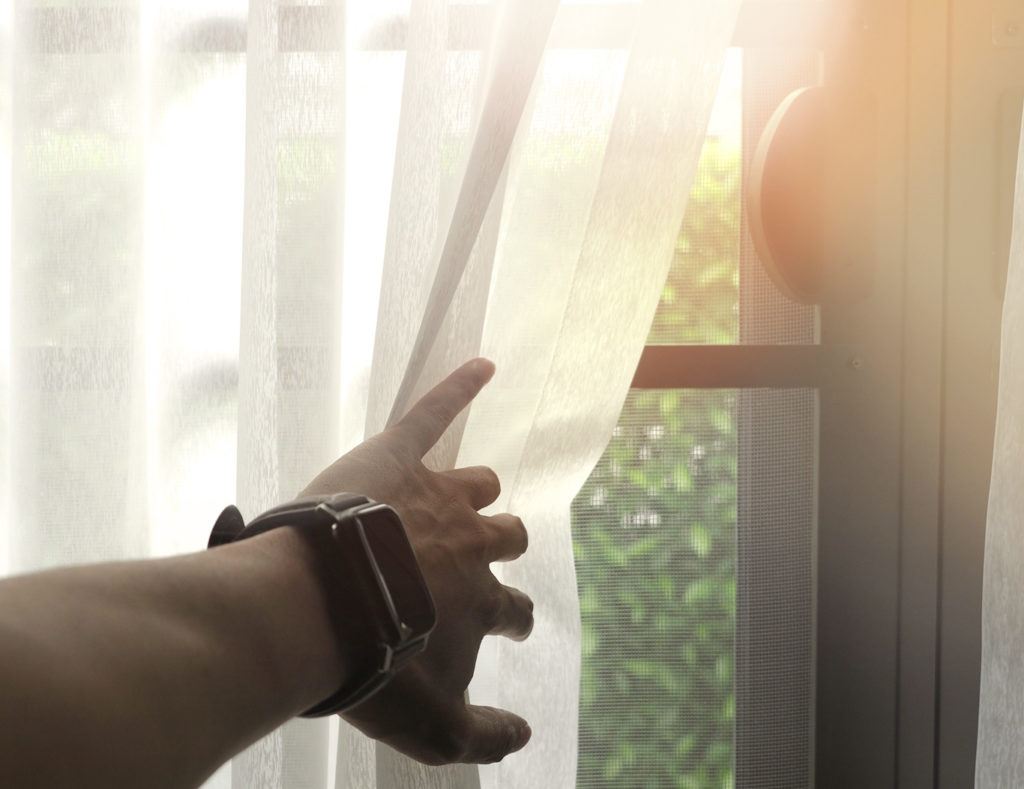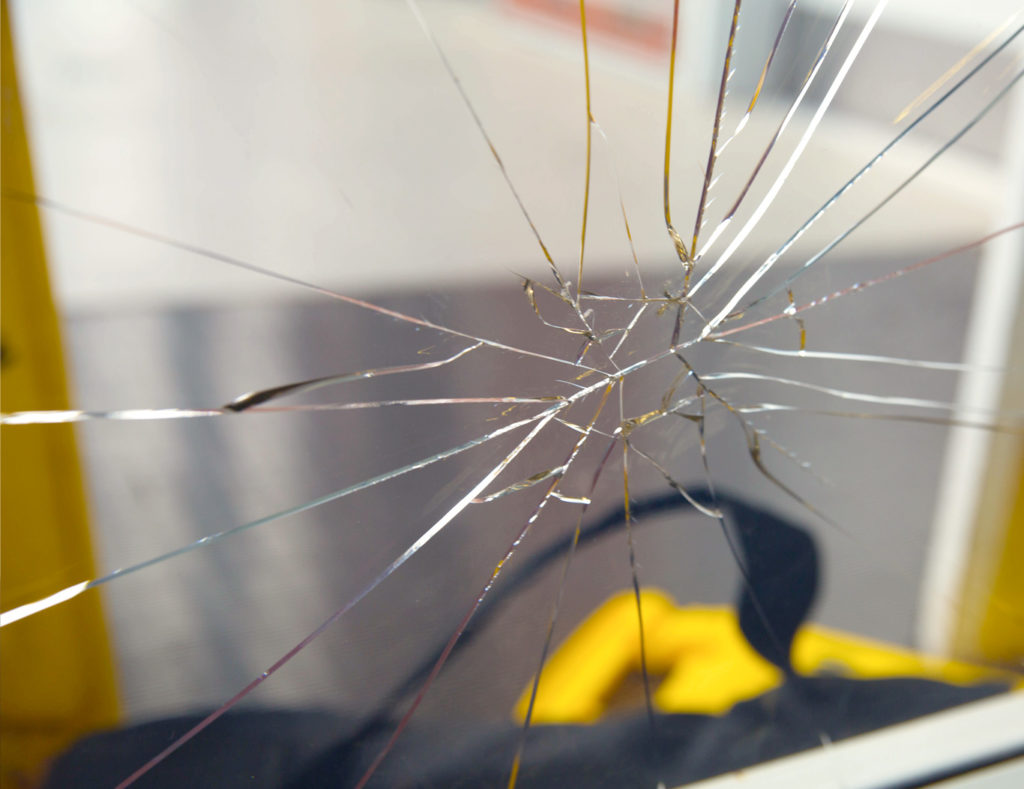Domestic Abuse Solicitors – 174 Family Law
At 174 Law we know how important it is that you and your family feel safe from harm – especially if you’re experiencing relationship difficulties or domestic abuse. Our considerate and rational approach means you’re in the right hands when it comes to your domestic violence case.
You may feel embarrassed or ashamed that you have sustained abuse at the hands of your loved one. You may question yourself as to how you have let this happen. Ultimately these are questions you don’t need to ask. Our Family Law experts are non judgemental and here to help you and your children feel safe again.
What constitutes as Domestic Abuse?
No one should suffer through a relationship with a violent partner. Domestic abuse comes in many forms and does not necessarily need to include physical violence. Domestic Abuse can be classed as:- Physical violence
- Intimidation
- Threatening behaviour
- Constant insults
- Controlling behaviour (including finances and social life)
- Sexual abuse
- Emotional abuse
- Manipulation
- Coercive behaviour
To speak to one of our expert family lawyers you can either call us on 0151 8 32 32 53 or fill in our contact form and we will call you back. Or obtain an online quote below.
Contact us






OK, I think I'm experiencing Domestic Abuse, how can you help?
Here's our 6-step timeline to ensure you're safeguarded during difficult times
1
Seek Legal advice
We will need to understand whether or not there has been police intervention, if not, then this will have be sought before "Legal Aid" can be applied for in order to cover your legal costs of any applications to be made. Alternatively, we will look to agree the most cost-effective strategy that works for you.
2
Do you require emergency protection?
We will take your instructions, to fully understand the protection levels you require; and eligibility for legal aid, to consider whether or not a warning letter or urgent application to court is required.
3
Warning letter to your partner
Where immediate Court intervention is felt "too extreme" at this time, our legal experts can construct a warning letter advising your partner (ex or present) to refrain from the unacceptable behaviour and/or even leave the property voluntarily.
4
Urgent application to Court
If you require immediate protection, then we can attend Court on the same day of our meet and ask the Court to give you interim protection by way of a Non-Molestation Injunction prohibiting the intolerable behaviour for approximately 7 days before returning back to Court for your Final Injunction Order.
5
Notifying your ex of the "Interim Injunction"
For the Injunction to be valid, the Order must be "personally served". We will instruct an agent to hand the order to them advising them of it's contents and consequences of breaching it's terms to include imprisonment for an arrestable offense.
6
Obtaining Final Injunction Order
We will represent you in Court to advocate your position to seek a long-term (~12 months) protective Order which can include excluding your ex from the family home by way of an Occupation Order to provide you with some time and space to consider your future options with a clear head. As before, this Final Injunction Order will need to be personally served before it is valid.



DOMESTIC ABUSE – MORE INFORMATION
Below are a list of commonly asked questions in cases of Domestic Abuse
What are my available options if I'm getting abused?
Depending on the particular circumstances of your domestic abuse case, available options include: Applying to the Court for an Injunction. An injunction is a Court Order that a named person should or should not do something. There are two basic types of Injunction called Non-Molestation Orders and Occupation Orders.
What is a Non-Molestation Order?
This is a Court Order, forbidding someone from being violent or threatening violence. A Non-Molestation Order also usually covers other types of behaviour such as pestering, intimidating or harassing.
What is a Occupation Order?
This is a Court Order that regulates the occupation of the home, for example, it might provide for a person to leave the home or for the other person to occupy the home exclusively. An Occupation Order might also provide for a person to occupy only certain parts of the home.
What happens If I go to Court?
Due to the fact that Injunction Order proceedings are highly sensitive they are heard by a Judge in Chambers (not in open Court) and no one unconnected with your case will be allowed in. You can also ask for your address to be kept confidential to prevent the perpetrator from finding out where you live.
How long does it take to get an Injunction?
Depending on the particular circumstances of your case it may be appropriate to make an application to the Court on the same day. This is called a Without Notice Application. Normally, however once your application has been issued at the Court office and the other person has been served with the Court Order documents, you will need to return to the Court in a few days for a hearing.
I've been served with an Injunction, what do I do?
If the Injunction Order was made without you having notice it should contain a date for the next Court hearing. If you deny the allegations you can attend the Court hearing to set out your position. You may wish to be legally represented at this hearing and therefore it is important to get legal advice as soon as you receive the Injunction Order.

Our Team ARE HERE to help
We attract the best family lawyers and support teams who excel in something they are passionate about. Contact us to find out more below.
